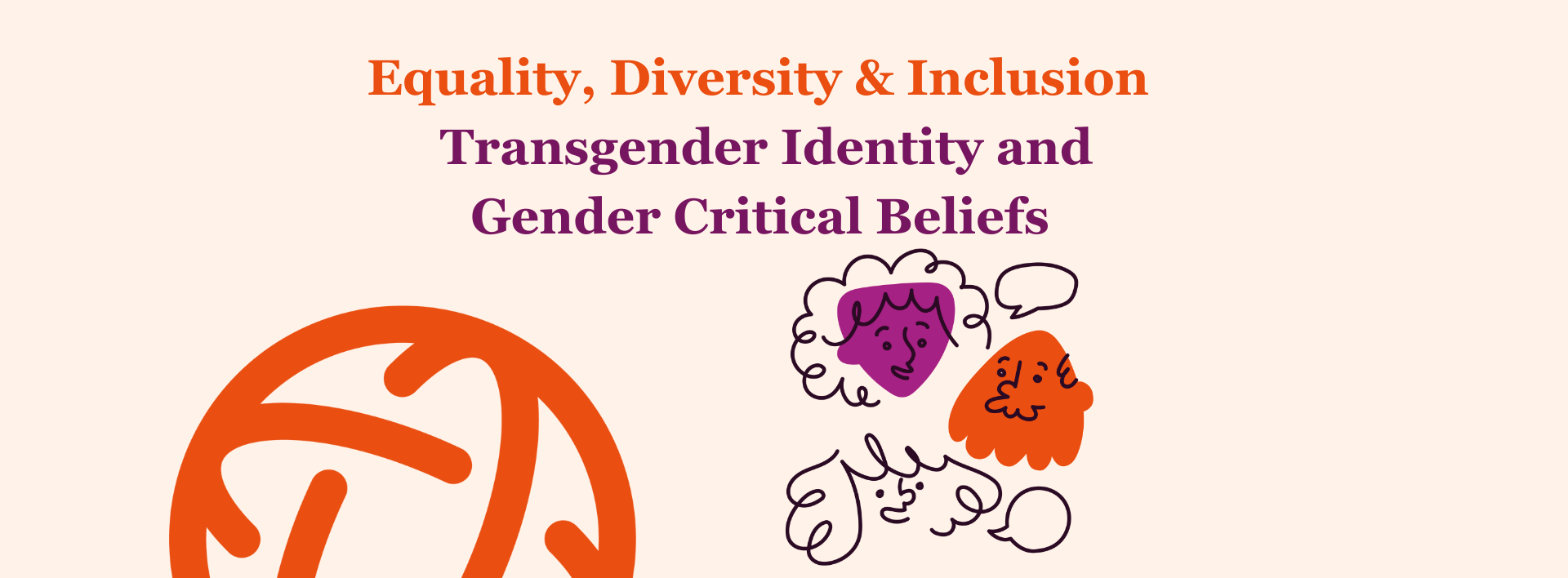Transgender identity, as a topic, seems to be very prevalent in the news. Even the Paris Olympics was not exempt though in the case of the two athletes competing in the women’s boxing tournament, the International Olympic Committee (IOC) clearly stated ‘this is not a transgender issue’ and the two athletes continued to compete. The power of social media also demonstrated that individuals’ can and will voice opinions and stir up a lot of very heated debate without proper information or evidence and this displays the need for clarity, calm and communication regarding what is a very sensitive topic.
For employers, there is a requirement to properly support and manage transgender and non-binary inclusion within the workplace. Added to that challenge is the need to balance the rights of transgender and non-binary staff with those who hold ‘gender critical’ beliefs.
Anti-discrimination policies and practices have come a long way in recent years, but it seems clear that some employers continue to fail in their duty of care and do not have required and well communicated processes and procedures in place to ensure that their staff are not subjected to any form of bullying, harassment, prejudice, victimisation or discrimination.
Gender critical beliefs
There have been a few high-profile cases around gender critical beliefs with individuals being subjected to detrimental treatment of some form or another by their employer because of a belief they hold which is critical of transgender people. It’s easy to see how employers can get caught up in what seems like a minefield – protecting transgender people and at the same time knowing when they should protect people who have expressed a philosophical belief which is critical of transgender people.
In Forstater vs CGD Europe, the ET said Ms Forstater’s gender critical belief was not a philosophical belief and her claim was rejected. The claim was overturned at the EAT and the lengthy judgement that followed held that people with different views should tolerate each other and just because someone might find a view offensive, even if it is related to another protected characteristic, it doesn’t necessarily follow that the view shouldn’t be respected.
How that philosophical belief is expressed or demonstrated is clearly also of some importance. If demonstrated in a reasonable and appropriate manner, then an employer is unlikely to be able to take any action. However, if an employee expresses their belief in the workplace or through social media in a way that has a connection into the workplace, they are likely to be at risk from disciplinary proceedings potentially up to dismissal.
Gender Identity
One of the more notable cases about gender identity is Taylor vs Jaguar Land Rover. Ms Taylor worked as an engineer at Jaguar Land Rover for almost 20 years. She previously presented as male but in 2017 began identifying as gender fluid/non-binary and from then on usually dressed in women’s clothing. She claimed she was subjected to insults and abusive jokes by her colleagues, and that she suffered difficulties in relation to use of facilities and managerial support. Her claim of harassment, direct discrimination and victimisation was upheld and she was awarded £180,000 in compensation.
Cost implication for Employers
The cost of not taking action is high, not just the legal cost and potential tribunal award, which is uncapped for discrimination claims, but the publicity that goes with it. If it’s on the internet, it’s likely to spread and having a bad reputation as an employer will not only cause difficulties to recruit but may put customers off wanting to do business.
Health and Wellbeing
The health and wellbeing of the individual also cannot be ignored. Anyone who experiences bullying or harassment because of their gender identity may feel anxious, intimidated, threatened and humiliated. Bullying or harassing someone is likely to have quite a profound affect on their mental health causing stress, depression and it may even lead to self-harm. The outcome of this for an employer may be high levels of absence and a subsequent deterioration in the employee’s work performance. In these situations, an employee is likely to need help and support and should be directed towards that, either through an Employee Assistance Programme or a confidential counselling service.
Actions for Employers
All employers have a duty of care and must ensure that they provide a safe and inclusive working environment that is respectful to everyone. A well written policy that clearly communicates standards of behaviour expected at work is essential. The policy should set out guidelines including what an employee should do if they are experiencing difficulties that will then allow the employer to intervene appropriately.
The policy may also set out the fact that individuals are entitled to have beliefs i.e. that sex is immutable, or that religious beliefs may conflict with the transgender identify but that it is not okay to express them in an unreasonable way.
In order to create a culture of dignity and respect employers need to be clear and communicate expectations. It’s not an easy subject to tackle so following up with training by a provider who has experience of the topic can be of benefit to further open up discussion, questions and to help understanding. Click on this link for more information on our training workshops: Training Workshops – Gravitate HR
If your organisation would benefit from the implementation of robust policies and procedures or training in this area we can help! You can contact Gravitate HR on 0141 459 7458 or book a 20-minute call with one of our team.
